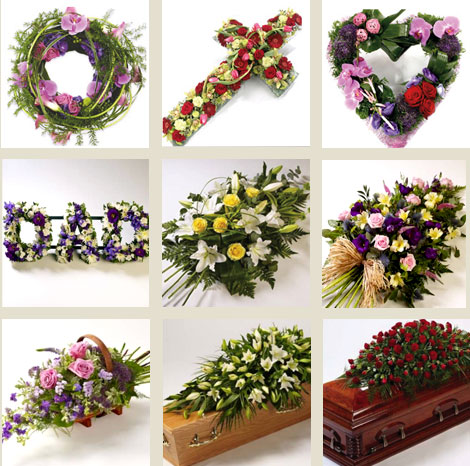When a guilty verdict is reached and someone is sent to prison, the outside world sometimes forgets them. This is especially true for those sentences that will last far beyond the life expectancy of the prisoner. Many will succumb to sickness and die either in their prison bunks or the prison hospital before their sentence ends. If they’re estranged from their families, they end up dying alone, with no one to comfort them or talk to them during their last days.
 Colorado Territorial Correction Facilities is the first prison to have a hospice. It’s operated by inmates, who are trained in the basics and must help care for dying patients. For the caregivers, it can be a chance to find the redemption they’ve been seeking. For the prisoners, it’s a chance to have a meaningful connection in their last few days of life. It also helps lower costs, though in this case, the idea of a humane death supersedes cost cutting measures.
Colorado Territorial Correction Facilities is the first prison to have a hospice. It’s operated by inmates, who are trained in the basics and must help care for dying patients. For the caregivers, it can be a chance to find the redemption they’ve been seeking. For the prisoners, it’s a chance to have a meaningful connection in their last few days of life. It also helps lower costs, though in this case, the idea of a humane death supersedes cost cutting measures.
Hospice focuses on easing pain instead of trying for an impossible cure. When a person is dying due to disease or injury, the traditional response is to pump them full of medications or resort to surgery in order to try and extend their life, even if only for a few days. Hospice accepts death and focuses on the patient’s comfort by helping them prepare for the end stages of their life instead of trying to extend it a few more days.
The reality of death for most people is that they will live their last moments on a hospital bed while under the influence of various medications and attached to machines. Even if there is only a tiny chance that the doctors can fix the patient, they will try. The downside to this approach is that some medications (such as chemotherapy for cancer) can cause the patient tremendous amounts of pain. Unfortunately, going through this pain is no guarantee that the individual will survive. Sometimes, it’s the family members that are encouraging the patient to keep trying, inadvertently causing the patient more pain than necessary in search of an unlikely solution.
A hospice death is accepted as the natural end point to life. When someone is old or has a minimal chance to live, they may choose to accept death rather than fighting it. The hospice then focuses on comforting the patient and minimizing their pain through their last few days. With the knowledge that they don’t have a lot of time left, the patient can spend their last days focusing on what’s really important to them.
Hospice is seen as a graceful acceptance of mortality. The patient gets the opportunity to do things they couldn’t if they were stuck in a hospital bed. As a hospice focuses on comfort instead of a cure, the patient gets the opportunity to enjoy their last few days, whether that means brief walks outside, watching their favorite movies, or quiet time with family. They can make sure their will is prepared and share last words with those close to them rather than being hooked up to hospital machinery. Hospice will also have a caregiver that is able to attend to their needs when friends or family are unable to do so.
Hospice isn’t for everyone. Those who are young or have a good chance at survival shouldn’t select comfort over medical attention. A hospice is for those who’ve come to terms with their life, and recognize that since the odds are slim that they’ll survive, they should spend their last days or weeks living how they want to live, with those close to them, instead of being confined to a hospital bed away from their loved ones. They’re choosing to spend their last days in a quiet, dignified manner rather than fighting for a few extra hours.
For friends and family of the patient, hospice lets them see their loved one in a positive light, enjoying their remaining time. The environment is much warmer than that of a sterile hospital, and with more personalized caregivers they can get easier answers to their questions. Hospice caregivers will often start the inevitable conversation regarding funeral plans. Many state prisons now promote simple cremation services. Many patients report feeling a blanket of acceptance as they move on from our world. Accepting death allows the family members a chance to prepare and accept the inevitable, and also ease into the grieving process.
Connect with Jeff Staab on Google Plus





